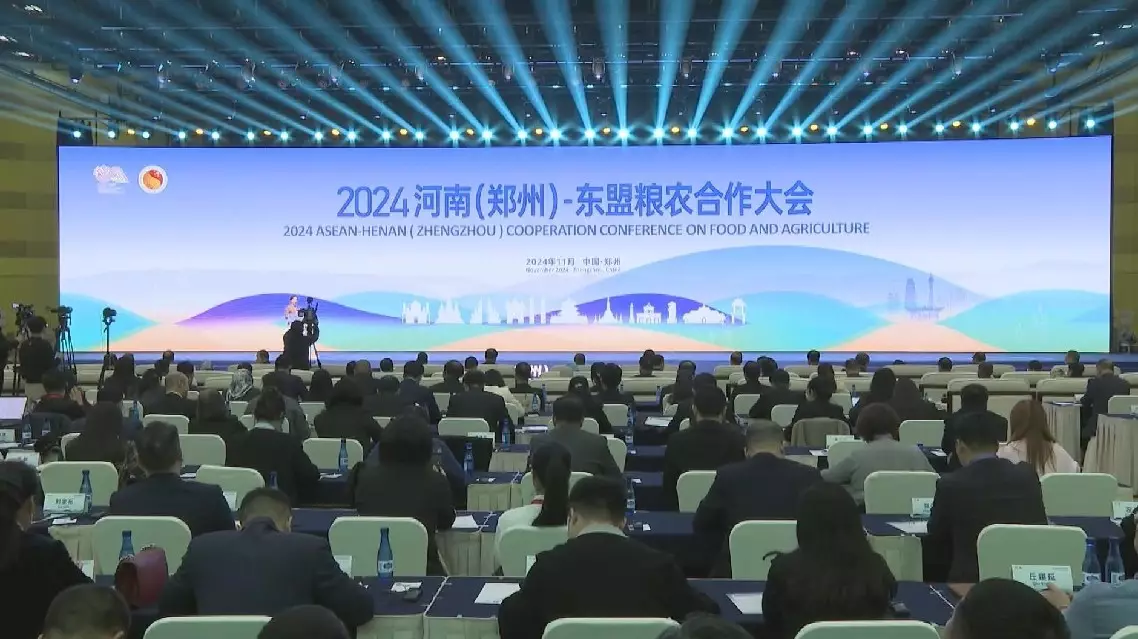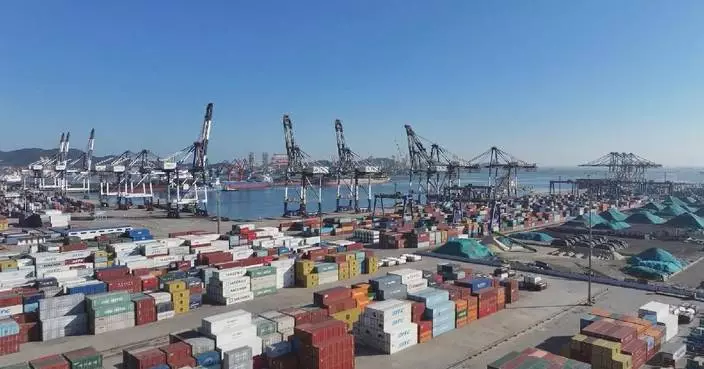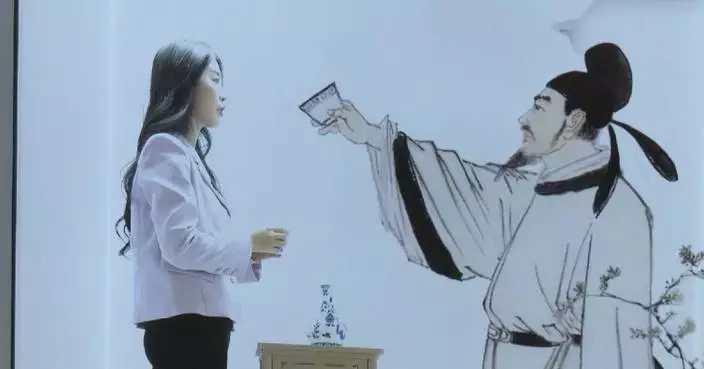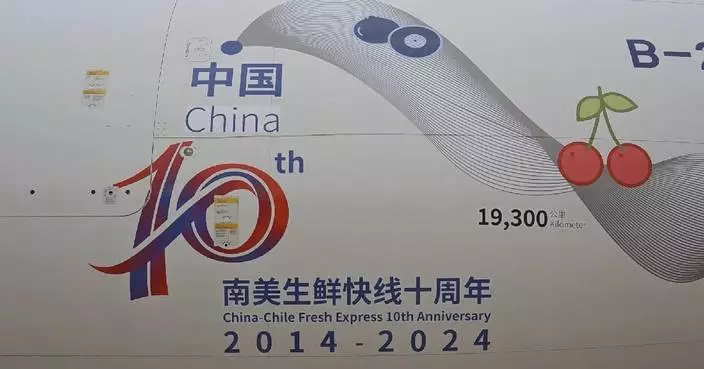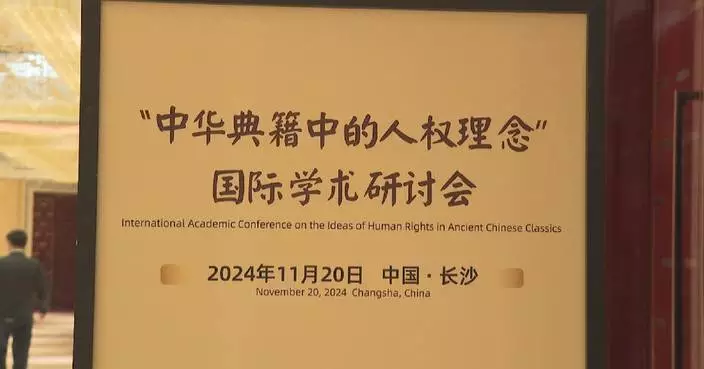An international conference on human rights in ancient Chinese classics was held Wednesday in central China's Changsha, where scholars explored ancient Chinese philosophical texts.
China's human rights philosophy is a product of both its indigenous cultural traditions and external influences.
From Qu Yuan's (342BC-278BC) empathy for the suffering of the people, to Tao Yuanming's (365-427) longing for a utopian society, ancient Chinese philosophers explored themes of human rights and well-being.
At Yuelu Academy in Changsha, domestic and foreign philosophers, jurists and historians gathered to transcend geographical barriers and learn from the wisdom of history.
"As early as the Southern Song Dynasty (1127-1279), the textbooks of Yuelu Academy gave wonderful explanations of Confucian propositions such as 'there is no distinction between classes in education', 'people are similar in nature but different in habits', 'all people in the world are brothers', and 'the people are more important than the king," said Deng Wei, Secretary of the Communist Party of China (CPC) Hunan University Committee.
In ancient China, sages have discussed human rights including political rights, civil rights and cultural rights. Their opinions have been passed down to the present day. These have not only been widely praised and carried forward by the Chinese people, but also resonated with the international community.
At the conference, the Italian lady who gave the keynote speech in Chinese is Giuseppina Merchionne. Based on her years of research on the history of China and Italy, she said the two countries have commonalities in the understanding of human rights.
"Italy and China both have a long and excellent history and culture. We should use culture to create peace and human rights. What we call human rights means that everyone should have a good life, education, and medical care. But the most important condition is peace. Our two countries should work together to create human rights for the people of the world," said Merchionne, president of the Italy-China Centre for Collaboration and Cultural Exchanges of the Silk Road.
Consistent with the ancients' advocacy of "putting people first", participants said the world today needs human rights more than ever. Regardless of the size of a country, the length of its history, or the differences in their views on human rights, more people should be given the opportunity to live a happy life.
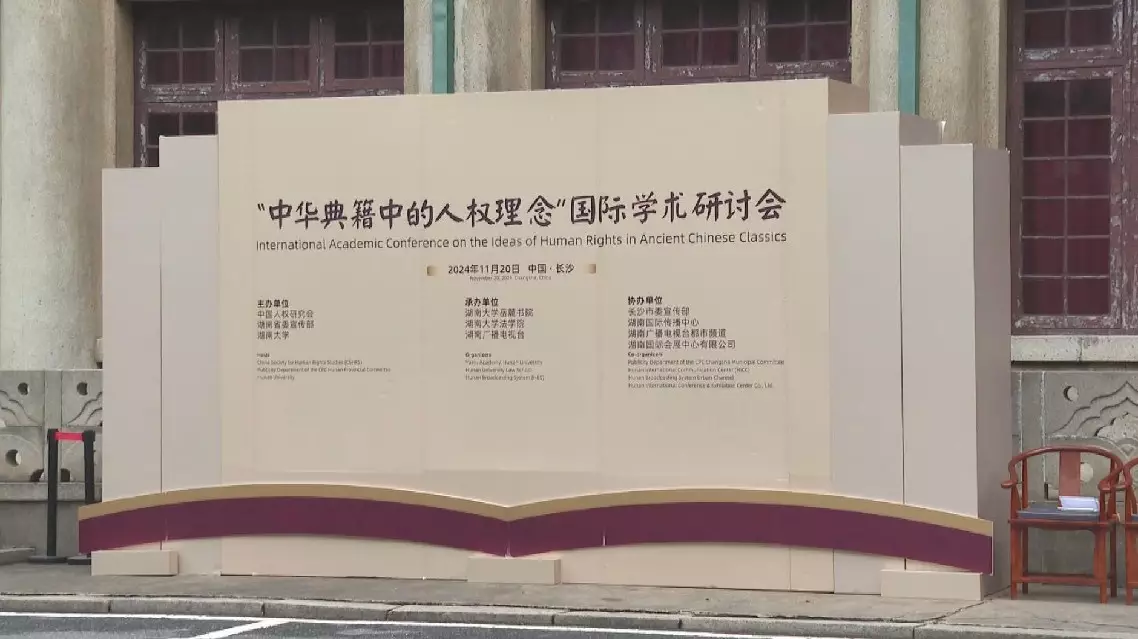
Int'l scholars exchange ideas on human rights in Changsha


